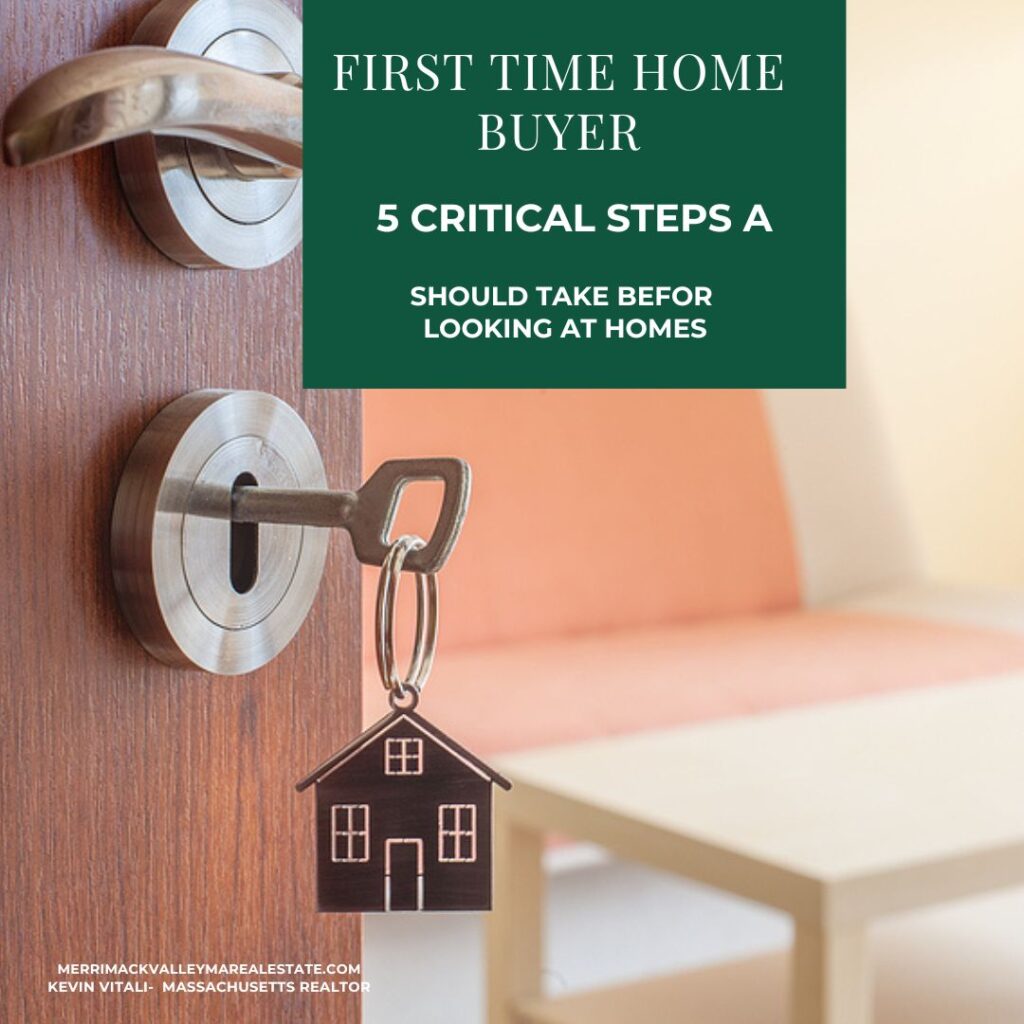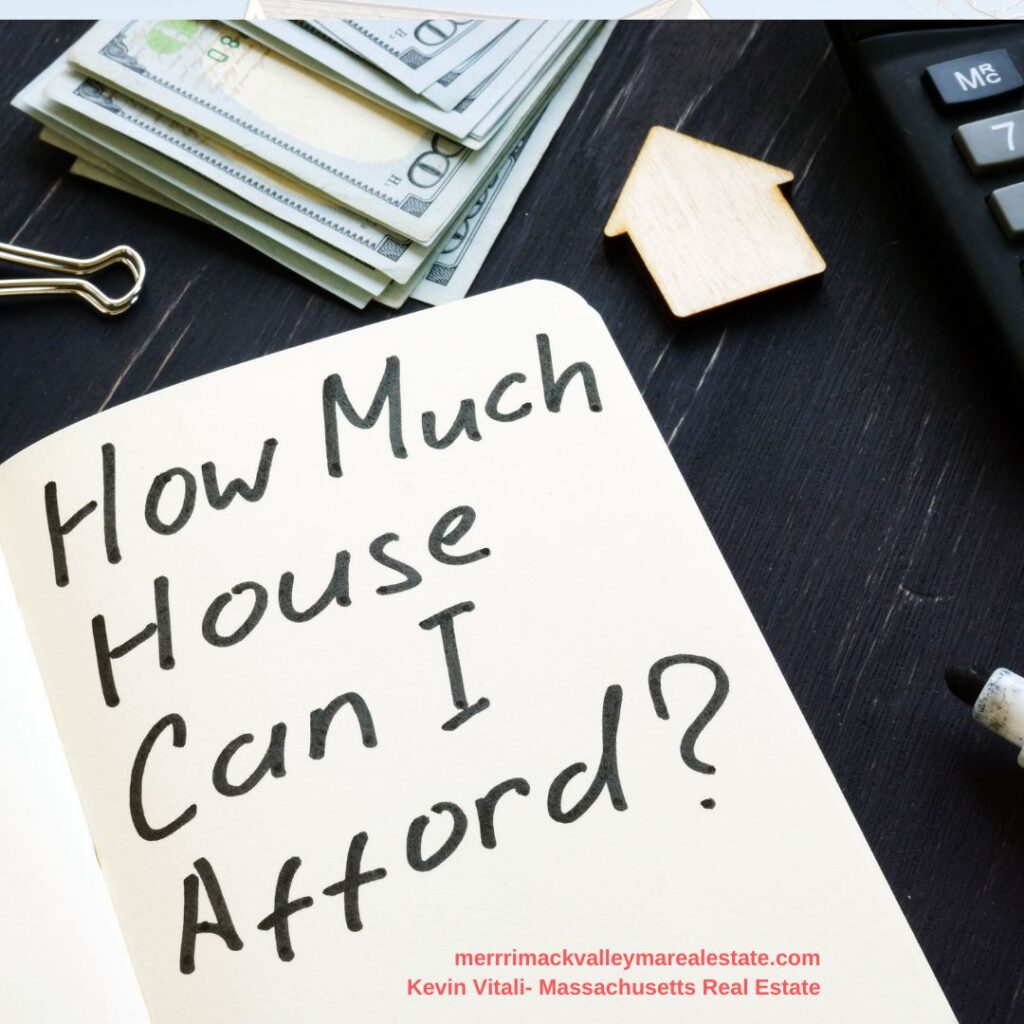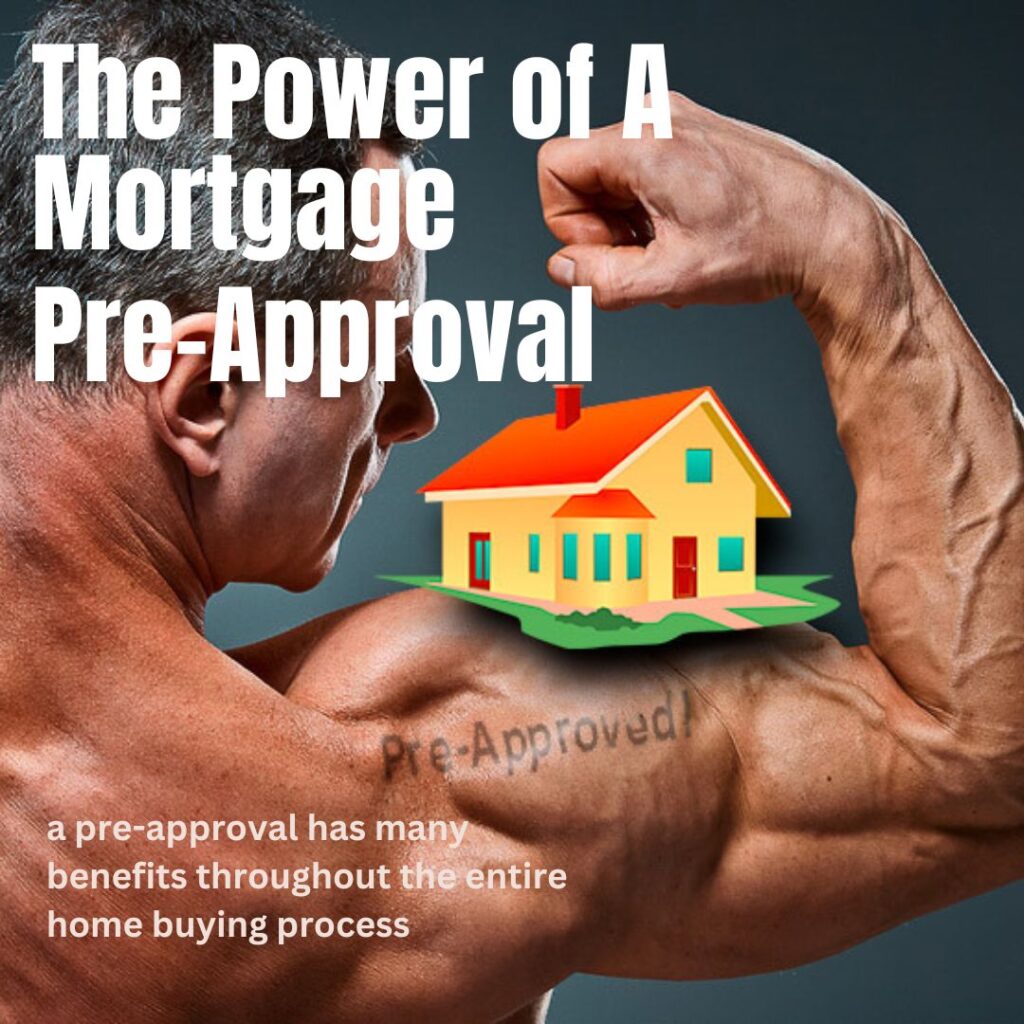Owning a home is part of the American dream. Most people are attracted to the independence, freedom and the pride of ownership that owning a home brings as an essential part of the American way of life.
Deciding to buy a home is a very personal decision for each individual. Most home owners decide to buy a home for lifestyle/security or financial considerations or a combination of both. Whatever the reasons might be it is important to take some time and make sure you are making a good decision.
Lifestyle/Security- Owning a home provides a sense of security and a lifestyle that many are looking for in their life. When you own a home, no longer do you have to worry about your landlord jacking up rents, or not allowing you to paint a certain color, or the nosy next door tenant that is always in your business.
A home provides you with a refuse from a long day at work, or a place to raise a family. It is your own space, you can do with it what you want. It’s a little bit of freedom.
Financial- Owning a home can have many financial benefits as well and can be the driving force for many to purchase a home. Let’s look at some of the financial benefits: 

- Tax reduction– Interest on a home loan, property taxes and costs associated with the loan can all be tax deductible on your primary residence.
- Stable housing costs– You know what your monthly mortgage is going to be for the next 30 years. No erratic landlords driving up prices. As long as you do not refinance your monthly principal and interest payments will never change.
- Long term appreciation- Over a long period of time, home prices will appreciate. While it will always fluctuate the long term trend is up. A $235k home today becomes worth $485k at 3% appreciation after 30 years, but it becomes worth a walloping $649k at 4% annual appreciation. I tried to find an average appreciation but it was hard to hone in on an exact number, but it seems like since the 1960’s homes have appreciated between 3-4% annually.
- Equity- A combination of long term appreciation and paying down the mortgage, allows home owners to build equity in their home, eventually owning it out right.
Purchase a home for the Intermediate to Long Term
Whatever reason attracts you to purchasing a home, make sure you are purchasing a home for the intermediate term ( 5-10 years) or the long term (10+ years). Also, make sure you purchase a home that will suit your needs for years to come. If you are not sure if you will own for the next 5 years or so, it is probably not wise to purchase.
Let’s face it, life changes and you can’t always predict the future. Some important questions to ask yourself:
- What is my job stability? If you have a lot of job uncertainty then purchasing may not be wise.
- Am I purchasing in an area that would be easy to commute to a new job? Are you purchasing in an area that if you did replace your job it leaves option from a commuting standpoint.
- What are my family needs in the next 5-10 years? Do you expect starting a family, or expanding your family? Will the home you purchase supports some family growth?
- Am I ready to set roots in a community? Is this where you would like to live for the upcoming years?
I’m going to give some real life situations that I have been approached with over the last few years, that will hopefully give some food for thought. I will obviously change names and places but these are real life scenarios that have created a few problems because my clients had purchased based on immediate need and did not put thought into their long term housing goals.
Scenario 1- Wrong Location/ Expanding Family
Bob and Tina previously bought a house before talking with me. They bought the house when they first married and did not have kids. 3 years later they now had 2 young children. They had a nice house but they bought on an extremely busy road with no back yard pretty close to Boston. The driveway was about one car length long and on a busy, fast, road. Tina was paranoid, getting the kids out of the car as the oldest started to walk. She also felt that even as the children grew up she would have to be outside with them every minute as she was afraid of the fast moving traffic.
Unfortunately, Tina and Bob felt they had to move to more of a neighborhood setting for the safety of the children. Fortunately for Tina and Bob, they could afford to lose a little money on their house to purchase a new one they were more comfortable with.
Scenario 2- Expanding Family
Mark and Lisa bought a one bedroom condo as newlyweds. They knew they wanted to start a family soon. One year later, baby comes along, and now there is no room for all three of them, they desperately need a second bedroom. Unlike Bob and Tina they do not have the money to take a loss on their condo. Ultimately they did a short sale on their condo so they could afford to move into a two bedroom apartment.
Scenario 3- Job Transition
Todd and Mary, sold their condo and purchased a single family home. To get the the home they “wanted” they moved pretty far into New Hampshire. Todd is in a highly specialized field and there are not a ton of jobs in New Hampshire in his field. Todd get laid off and was able to find a job but the new job is two hours away, leaving him with a four hour commute a day. Their only option is to sell their house as a short sale or suffer the four hour commute every day. Looking back they should have bought in a more central location, knowing Todd’s position is one that changes a bit.
Tip: Buy a home that will suit you for a minimum of 5-10 years
Buying a home is a big decision. Whenever I meet with home buyers for the first time, I get them to start thinking about some of these things so as to make good decisions. Why do a say buy for at least the intermediate term? If things change, at least in 5-10 years your home will have appreciated and you will have paid down your mortgage enough so you do not lose money.
On a $300,000 home with a $280,000 mortgage at 4.125% in 3 years you will have barely paid down the loan $10,000 dollars. Real estate commissions and closing costs on a 300,000 home could be upwards of $20,000. To sell your home with no appreciation in that 3 year period you would have t bring about $10,000 to the closing to get out whole.
When you think it is time to buy a home sit down, take some time to think it through, so you are making the best decision possible. A good buyers agent will sit down with you and go over all the considerations to take into consideration when buying a home.




